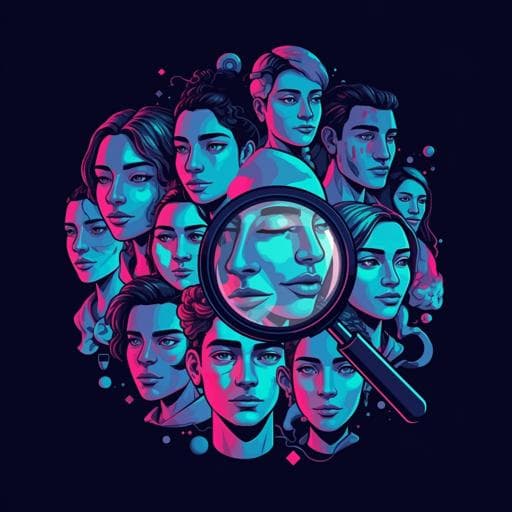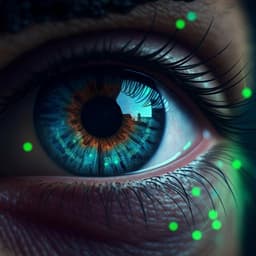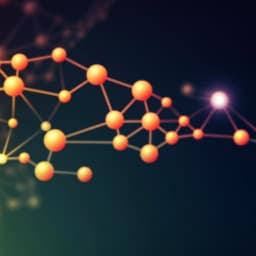
Computer Science
Diverse misinformation: impacts of human biases on detection of deepfakes on networks
J. Lovato, J. St-onge, et al.
This compelling research by Juniper Lovato and colleagues explores human biases in identifying deepfakes, revealing that people perform better when videos align with their own demographics. The study's innovative mathematical model suggests diverse social groups may help shield each other from misinformation. Dive into the findings that could change how we understand video deception!
Related Publications
Explore these studies to deepen your understanding of the subject.







